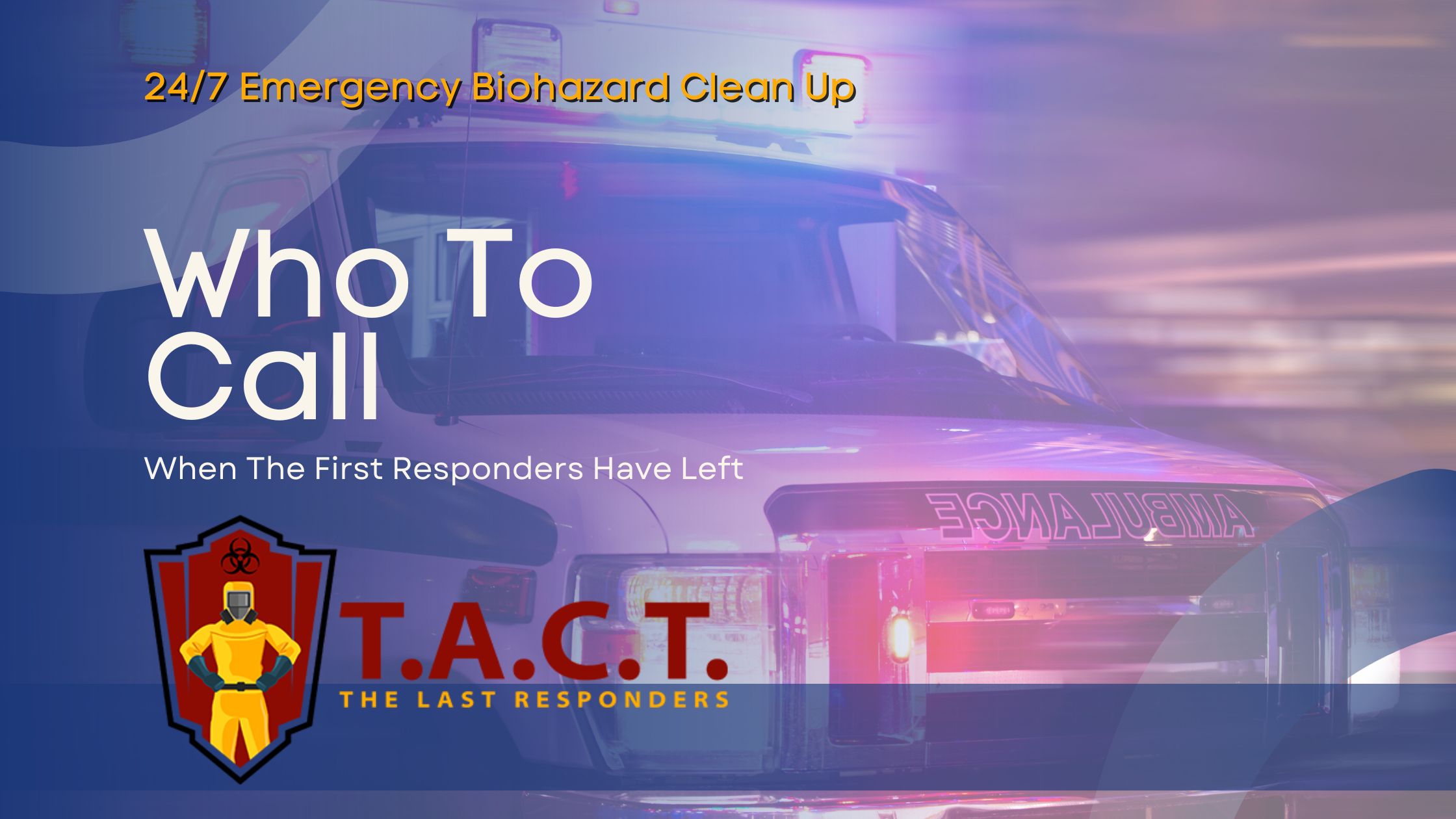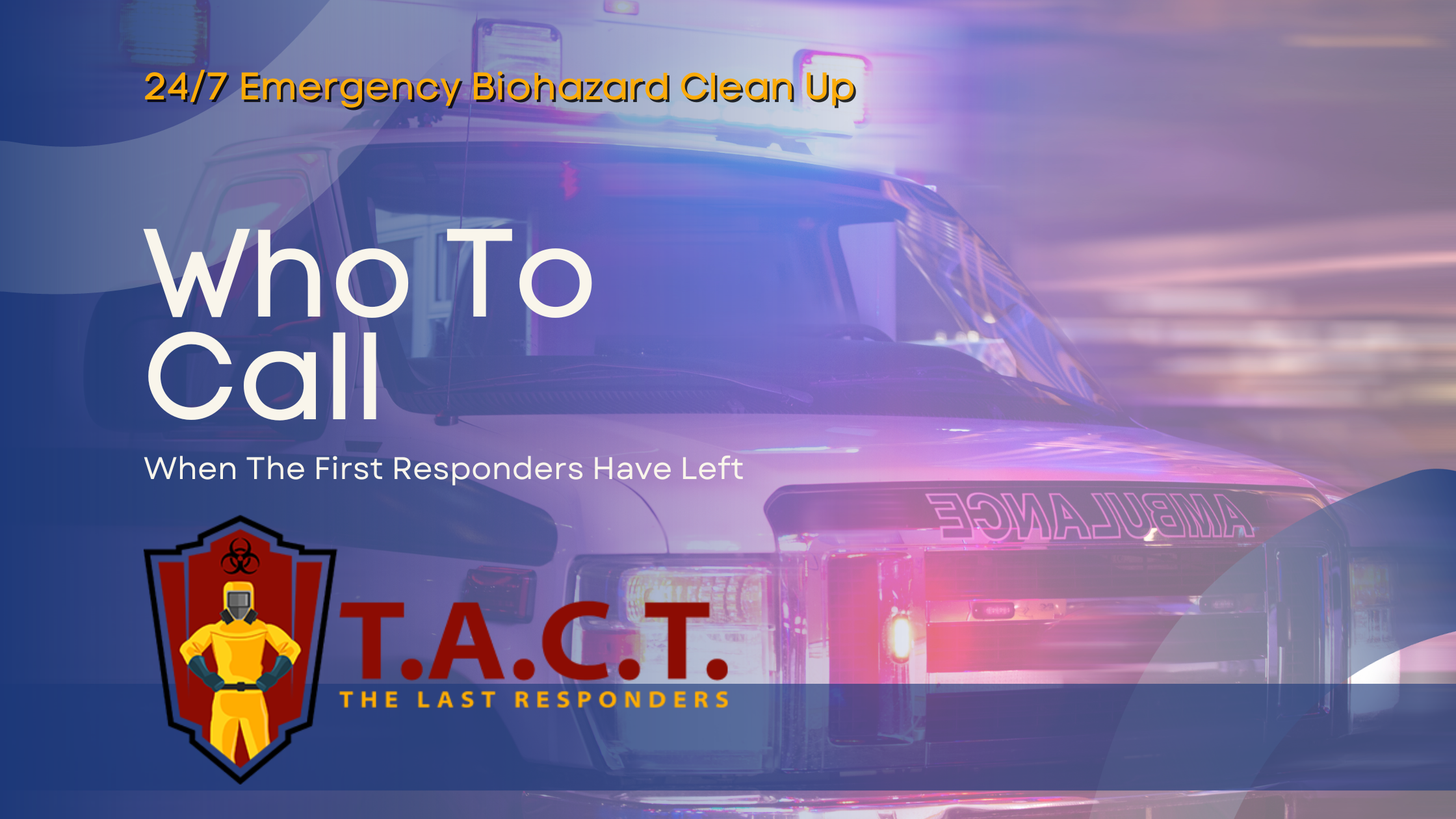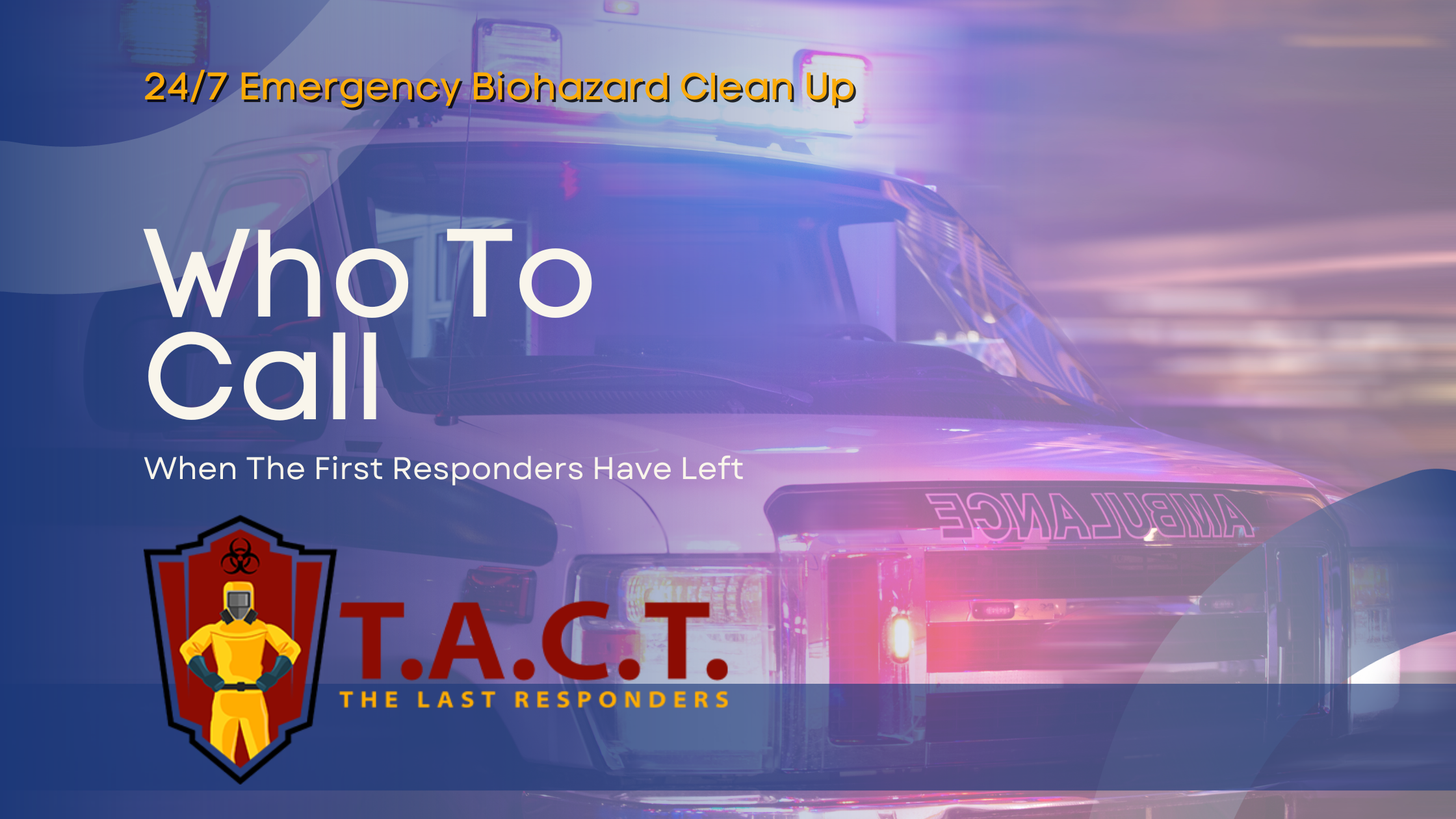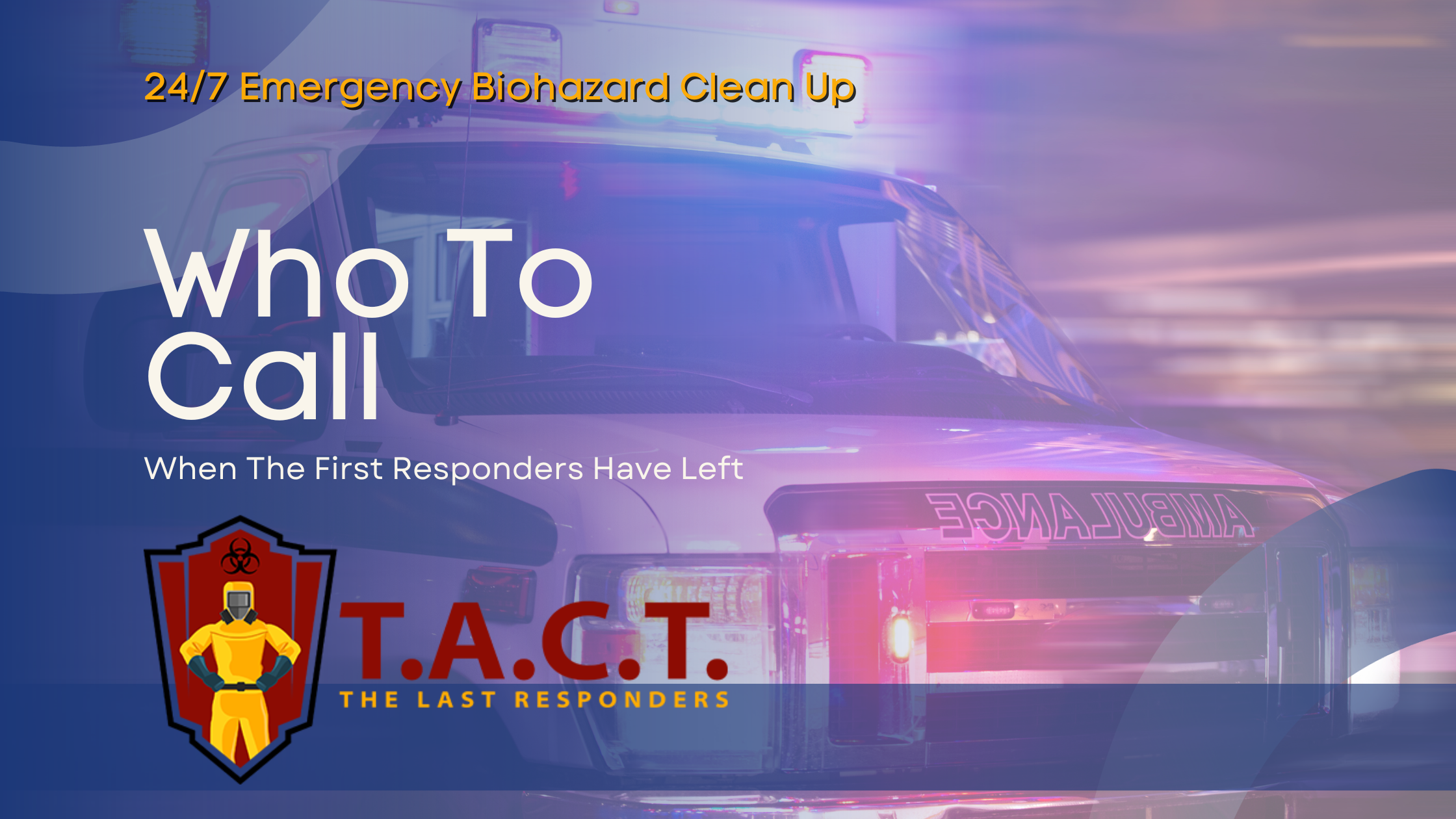Guide to crime scene cleaners and Professional cleanup services

Essential Guide to Crime Scene Cleaners and Professional Cleanup Services
When tragedy strikes, few people realize what comes next after law enforcement leaves a crime scene or trauma location. The responsibility of restoring these spaces falls to a group of dedicated professionals known as crime scene cleaners. Their work is essential for returning homes, businesses, and public spaces to safety and cleanliness while supporting families and communities through some of life’s most difficult moments.
This guide sheds light on the crime scene cleanup industry, explaining vital processes, regulatory demands, and the unique role of scene cleaners. Whether you're seeking professional help or simply want to understand more about this critical service, you'll find everything you need to know in the sections below.
Introduction to the Crime Scene Cleanup Industry
Crime scene cleanup companies provide crucial services beyond what’s visible on the surface. Their responsibilities go far beyond typical cleaning, dealing with situations that involve bodily fluids, blood, and potentially infectious materials resulting from homicide, suicide, unattended death, or serious accidents.
These professionals serve homeowners, business operators, and law enforcement, offering expertise in remediating trauma scenes under emotionally charged circumstances. Specialized training and equipment are core to their work, ensuring each cleaning is conducted safely, thoroughly, and respectfully. The primary goal is not only to clean but to restore the environment, minimize health risks, and relieve some of the emotional burden faced by those affected.
Understanding the Cleanup Process
Rigorous Procedures for Safety and Restoration
Cleaning a trauma or crime scene is an intricate process, demanding far more than household cleaning supplies. Blood, fluids, and other biohazards require removal using industry-approved disinfectants and personal protective equipment (PPE).
Key steps in the cleanup process include:
Containment and assessment of the area
Removal of all biohazardous materials and contaminated items
Decontamination and sanitization of surfaces using hospital-grade solutions
Safe disposal of hazardous waste in compliance with state and federal regulations
Special cases may involve removing tear gas residue, chemicals, or dangerous substances left behind after police interventions. Throughout, OSHA regulations and local health department standards guide every phase, with safety and thoroughness as top priorities.
Types of Trauma Scenes
Responding to Various Traumatic Environments
Not all trauma scenes look alike, and each presents its own set of challenges. Crime scene cleaners must be ready to respond to a wide range of situations.
Common types of trauma scenes include:
Homicide and suicide scenes: Require discrete and compassionate remediation, often under heightened emotional circumstances.
Unattended deaths: Decomposition brings unique risks, including strong odors and airborne bacteria.
Accident scenes: Blood and fluids from injuries must be cleaned to prevent lingering health hazards.
Disaster sites: Large-scale remediation may follow natural disasters or incidents involving multiple casualties.
Hoarding environments: These may involve biohazards, vermin, and significant clutter, demanding both cleaning and organizational skills.
A comprehensive crime scene cleanup company is equipped with specialized equipment and flexible skill sets to manage everything from minor incidents to complex disaster recovery projects.
Regulatory Requirements for Cleanup
Safety and Compliance at the Forefront
Strict laws and guidelines govern the crime scene cleanup industry. Adhering to these regulations safeguards employees, clients, and the broader public.
Essential compliance areas include:
OSHA standards: Workers must follow Occupational Safety and Health Administration regulations, especially those related to bloodborne pathogens and hazardous waste.
State health departments: Local authorities often set additional requirements for biohazard management and waste disposal.
Hazardous materials handling: Detailed documentation and safe transport to approved disposal facilities.
Regulatory demands can vary significantly based on state and municipality, so responsible companies stay up-to-date with all applicable laws, securing both proper licensure and continuing education for their staff.
The Role of Scene Cleaners
More Than Just Cleaning
Crime scene cleaners hold a unique role at the intersection of technical expertise and human support. Their duties demand:
Extensive training: Hands-on learning for biohazard handling, decontamination procedures, and proper use of PPE.
Sensitivity and discretion: Working with grieving families or traumatized employees requires the utmost empathy and confidentiality.
Problem-solving and adaptability: No two scenes are identical, and quick thinking ensures effective remediation in any situation.
Beyond cleaning, these professionals often provide emotional support and reassurance, helping clients reclaim their spaces and find comfort as they move forward.
Dealing with Hazardous Materials
Mastery Over Dangerous Substances
Handling biohazards is the most critical aspect of crime scene cleanup. Proper removal and disposal of blood, bodily fluids, medical waste, and dangerous chemicals is non-negotiable.
Companies address hazardous materials by:
Using PPE such as gloves, respirators, and full-body suits
Applying EPA-approved disinfectants
Rigorously following containment and bagging procedures
Adhering to federal and state guidelines for hazardous waste transport and disposal
Ignoring these measures can result in ongoing health risks, environmental contamination, or even legal repercussions.
Benefits of Hiring a Professional Cleaner
Ensuring Safety, Efficiency, and Compassion
Attempting to clean a trauma or crime scene without professional help can be dangerous and emotionally overwhelming. Professional crime scene cleaners offer key advantages:
Expertise and equipment: They possess the skills and technology required to safely decontaminate and restore properties.
Risk reduction: Proper protocols eliminate the danger of exposure to pathogens or hazardous chemicals.
Speed and efficiency: Pros work quickly, minimizing disruption and enabling affected individuals to begin moving forward sooner.
Discretion and respect: With empathy and confidentiality, cleaners support clients through sensitive times.
Compliance assurance: Professionals guarantee that all OSHA and state requirements are met, offering peace of mind.
How to Choose a Reputable Cleaner
Key Considerations When Selecting a Provider
Choosing the right crime scene cleanup company is essential for safety and peace of mind.
Licensing and certification: Ensure your provider holds all required state certifications and liability insurance.
Experience: Look for teams with a proven history of managing diverse trauma scenes.
Training standards: Ask about ongoing staff training and their adherence to safety protocols.
Discretion: Choose a company with a reputation for respecting clients’ privacy.
Comprehensive services: A top provider manages everything from biohazard removal to odor remediation and may even offer support resources for families.
Availability: Emergencies happen at all hours; reputable companies operate 24/7.
Reading reviews and asking for references adds another layer of confidence when entrusting such a vital task.
Marketing and Outreach Strategies
Building Trust and Visibility
Crime scene cleanup companies must approach marketing with sensitivity and professionalism, always honoring the privacy and dignity of clients.
Effective outreach strategies include:
Informative online presence: A professional website with resources, FAQs, and clear service descriptions builds trust.
Search engine optimization (SEO): Using relevant keywords like “crime scene cleanup” or “biohazard remediation services” helps clients in need find your company fast.
Social media and community events: Engage with audiences through educational content and local partnerships.
Collaborations: Building strong relationships with law enforcement, funeral homes, and emergency responders extends your reach.
Discrete branding: Vehicles and uniforms should avoid sensational imagery, putting empathy and reassurance first.
With a thoughtful approach, companies can build strong reputations as essential crisis partners.
Moving Forward with Safety and Compassion
Crime scene cleaners are more than technicians; they are silent heroes stepping in during moments of profound loss and distress. Through high standards, regulatory compliance, and unwavering compassion, they restore spaces and provide comfort where it’s needed most.
If you or your organization faces the aftermath of trauma, don’t shoulder the burden alone. Reach out to a certified, compassionate professional crime scene cleanup company for guidance, skillful restoration, and peace of mind.
Meta data
Meta title
Guide to crime scene cleaners and professional cleanup services
Meta description
Learn what crime scene cleaners do, why professional cleanup matters, and how to find a reputable service for biohazard and trauma remediation.



